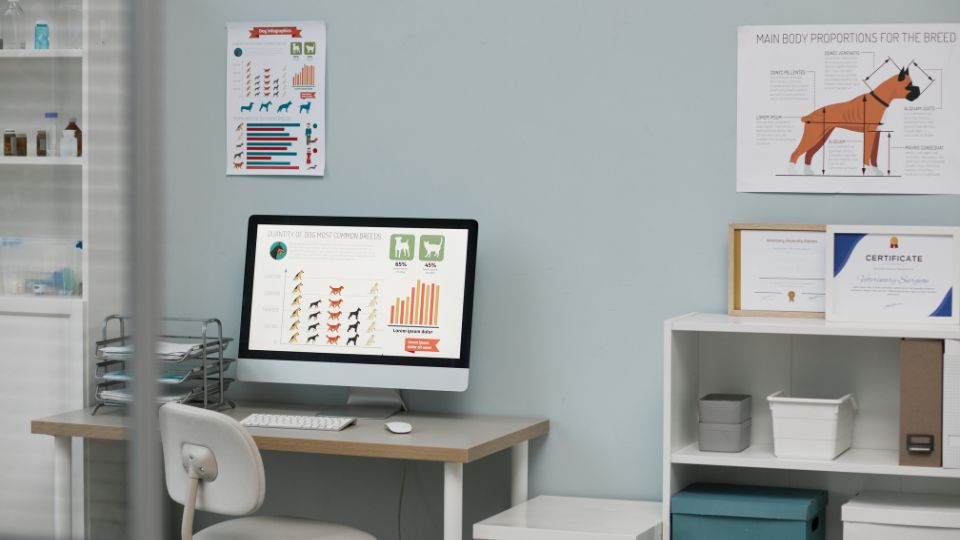
Too many options
Suppose you are responsible for selecting an equipment and supplier for a new or existing production plant. You will naturally start looking around and talk with suppliers, advisors, engineering companies, and go to exhibitions or search for hammer mills, mixers, extruders, dryers, coolers, coating machines, silo systems, bagging lines, special packing equipment and anything else that is necessary in a new plant.
That is where the real problem starts! The more you look into the market of feed mill construction companies, equipment suppliers, consultants and engineering companies, the more you will be confused. Everybody produces the same kind of machinery in our special feed business and everybody is telling you that their equipment is the best on the market and that they have a lot of experience in your business.
First, we have to realise that selected suppliers play an important role in the continuity of the production process. This may result in a close cooperation between supplier and employer, which could last longer than ten years.
Selection criteria
How do you go about selecting a supplier, when they all claim to be experienced? How can you know that their equipment is the best?
The most important part of your pet food plant is the extrusion line. Since there are so many extruder suppliers, offering simple and complex ones, and since prices vary from very cheap to very expensive, it is difficult to make decisions in a market where you, as a non-experienced person, will easily come to the conclusion that you cannot see the forest for the trees.
You will be faced with the major question of ‘are there good selection criteria for selecting the best supplier out there?’
Turn-key suppliers
There are differences between suppliers of stand-alone machines and those that provide turn-key projects. First, we will look at suppliers in the latter category.
General selection criteria could be:
- financial reliability
- project reliability
- company continuity
- industry experience and expertise
- development activity
- maintenance and after-sales experience
Project-specific criteria could include:
- technical reliability
- service aspects
- installation reliability
- documentation
- functional completeness
- price
With these criteria, you can rate potential suppliers and plot the results in a table, rating each selection criterion from 0-10. Also give a 0-10 ‘importance’ score per criteria.
Importance of each criterion
It is good to determine how important we consider each criterion compared to the others. When, for example, scoring the financial reliability of a supplier, find out everything you can about their yearly turnover, Return on Average Capital Employed (ROACE), number of employees, and availability of standard delivery contracts and procedures.
When rating project reliability, carefully examine if the supplier has experience in projects similar to yours. You can ask suppliers for:
- A reference list of similar projects;
- the presence of a project organisation with own employees who have worked there at least 3-5 years;
- the proposed technical set-up and related machinery used, and experience with that machinery;
- the possibility of inspecting similar projects realised by the supplier.
More technical evaluation
If we look to more specific unit operations such as grinding, mixing, extrusion and so on, we need a much more technical evaluation for which, as an example, the following criteria may be used:
- Is the supplier proposing a specific machine based on previous experience with processing similar products or raw materials and are his proposals also based on good analyses of your requirements?
- Does the supplier give a guarantee about the minimum capacity also if batches vary in composition?
- Is the design of the machinery set up to rule out or avoid contamination of the following batches ?
- What are the machine’s operational costs, and how many people are needed to operate it?
- Is it easy to clean and is there an indication of cleaning time ?
- Is it easy to access for maintenance?
- Is there an indication of the necessary stopping time for maintenance?
- Is there an indication of the production time that the machine can run without preventive maintenance?
- What are the maintenance costs, including costs of wear and tear?
- Are maintenance procedures available and are they part of the offer?
- Can test procedures be carried out before shipping and installation?
If each supplier is rated based on these criteria, you will get a fair idea about their ability to provide sound equipment. And you will soon notice that you will be able to make a choice.
Communication pitfalls
There is one more important remark issue that should be touched upon. When looking for important machinery or project supply, you can select companies from various countries offering attractive equipment at reasonable prices. And now the ability to communicate with relevant technicians in after-sales services plays a very important role.
Is good contact between your operators and their technicians possible? Do they speak the same language? Is there 24-hour service available and, in case of real problems: how much time will be necessary to organise a service visit of technicians from the supplier? If interpreters are needed, do they have technical knowledge about the equipment?
This aspect is not related to the technical evaluation, but it will save a lot of trouble, especially immediately following the start-up phase when your operators and factory managers are left alone to handle the new equipment without having established a clear routine.
The latest articles

US: Veterinary revenues on the rise despite fewer visits
As pet visits decline post-pandemic, diagnostic testing emerges as a key driver of veterinary income. GlobalPETS dives into the findings of a new research.

Younger generations in Italy more open to having pets over kids
A recent survey reveals differing attitudes toward pet ownership, travel and spending between younger and older Italian pet owners.

US: pet welfare plays a significant role in home renovation decisions
Owners care for their companion animals by incorporating pet-friendly home upgrades like grooming and feeding stations.
Weekly newsletter to stay up-to-date
Discover what’s happening in the pet industry. Get the must-read stories and insights in your inbox.
